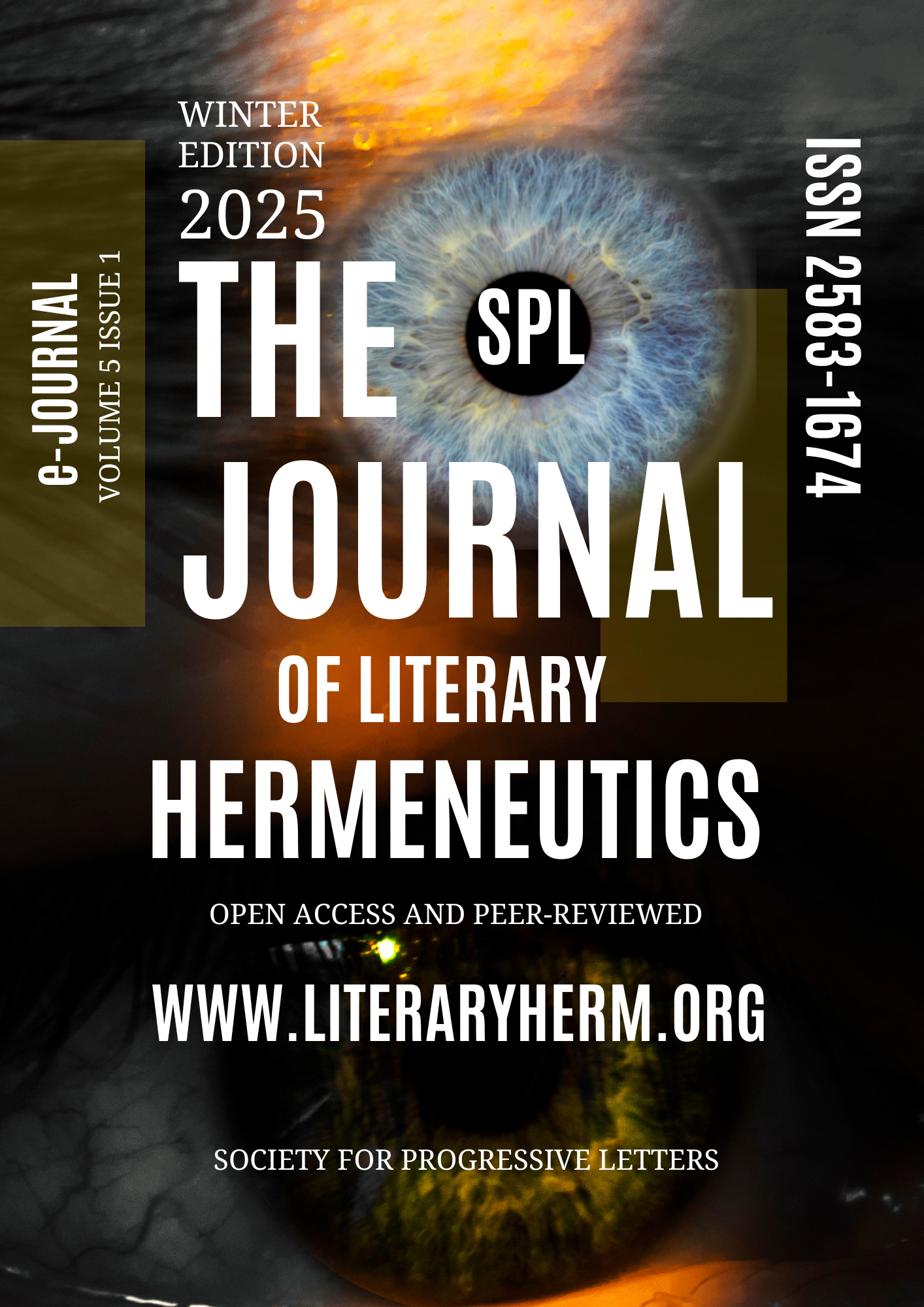Female Experience and Agency in Bapsi Sidhwa’s Ice-Candy Man
Keywords:
Ice Candy Man, Partition novels, women’s agency, female experience, communal riotsAbstract
Aim: Partition literature is largely focused on the stories, fictional as well as non-fictional, of violence that took place in India at an unprecedented scale in the aftermath of partition. Despite the apparent gender-neutrality of violence due to the underlying cause of communal hatred and the targeting of religious affinities, women were disproportionately affected by the chaos, simply because they were women.
Methodology and Approach: The paper uses primary and secondary works on the subject to conduct this study. The study has employed postcolonial approach to examine the novel.
Outcome: Through these portrayals, the novel mounts a critique of patriarchal constructions of honor and purity, which frequently resulted in the social ostracization of women who had experienced abduction or rape.
Conclusion and Suggestions: To sum up, Bapsi Sidhwa’s Ice-Candy Man (also published as Cracking India) offers a compelling interrogation of female experience and agency amidst the intersecting forces of communal violence and patriarchal domination during the Partition of India. Partition literature has often been dominated by masculine narratives, focusing on political upheavals and territorial divisions.
Downloads

Published
How to Cite
Issue
Section
Copyright (c) 2025 Vivek Kumar Dwivedi, Pradeep Sharma

This work is licensed under a Creative Commons Attribution-NonCommercial 4.0 International License.












